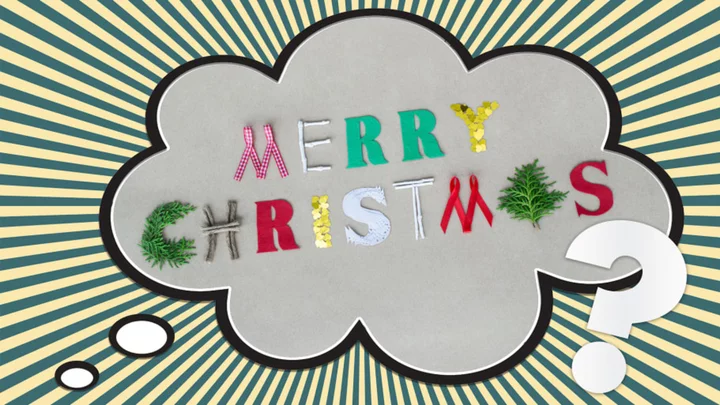
Why Do We Only Say “Merry” for Christmas?
Americans favor 'Merry Christmas,' while Brits opt for 'Happy Christmas.' Here's how we got here.
1970-01-01 08:00
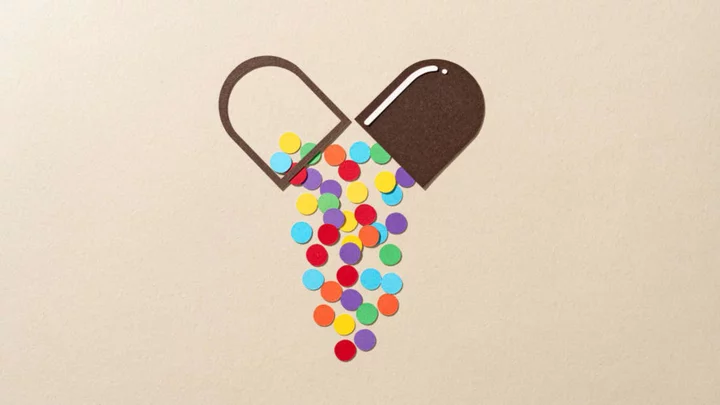
Why Is It Called the “Placebo Effect”?
What is a placebo? Technically, a Latin phrase meaning ‘I will please.’ It’s also a Catholic prayer and a clever insult.
1970-01-01 08:00
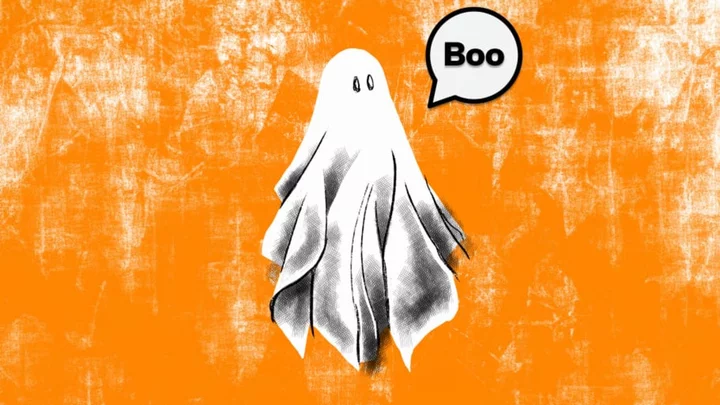
Why Do Ghosts Say “Boo”?
If linguistics is any indicator, it would appear that everybody in the spirit realm speaks Scots English.
1970-01-01 08:00

The Reason Why People Who Cross Picket Lines Are Called ‘Scabs’
By the late 1700s, laborers adopted the insult to refer to workers who wouldn’t join a strike, a union, or take part in organized labor and undermined their fellow workers.
1970-01-01 08:00

The Racist Origins of 7 Common Phrases
From ‘cakewalk’ to ‘no can do,’ the origins of these common idioms and sayings are surprisingly dark.
1970-01-01 08:00
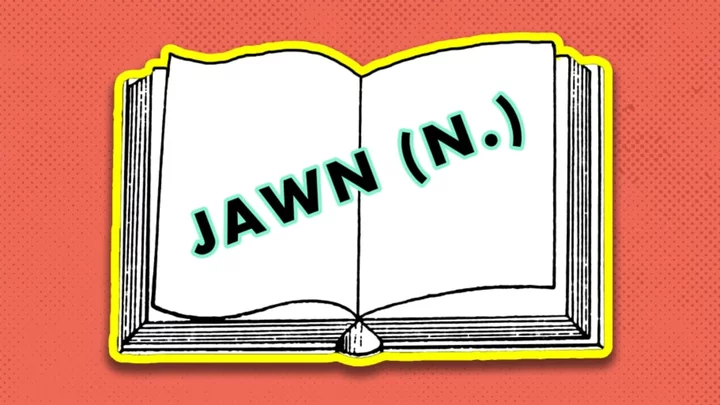
Jawns and Shower Oranges: See 30 of Dictionary.com’s Newly Added Terms
Non-Philadelphians can finally look up the meaning of ‘jawn’ in the dictionary.
1970-01-01 08:00

How to Write the Sound of a Kiss
In English we have a few different ways to write the sound of a kiss: muah, smack, xxx. They get the idea across, but none of them imitate the actual sound of a kiss.
1970-01-01 08:00
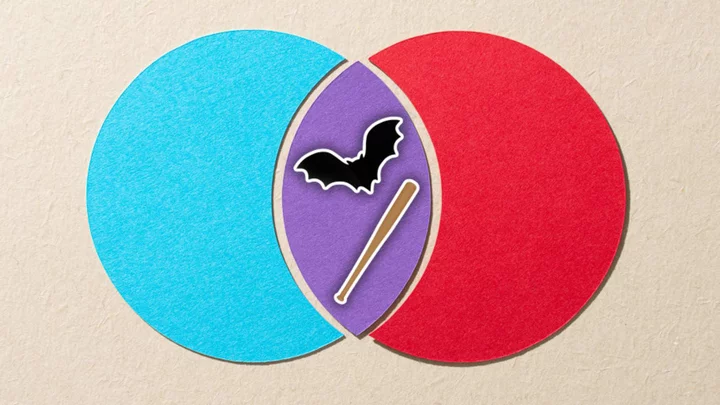
Homonym vs. Homophone vs. Homograph: What’s the Difference?
Here’s why some homophone examples also work as homograph and homonym examples.
1970-01-01 08:00

15 Commonly Misheard Phrases That Actually Make Sense
Is it coleslaw or cold slaw? Deep-seated or deep-seeded? There are right answers, but the wrong ones seem kind of right, too.
1970-01-01 08:00

41 Fascinating Phobias, Explained
From acrophobia (the fear of heights) to zuigerphobia (the fear of vacuum cleaners), there are plenty of things to be scared of—rationally or otherwise.
1970-01-01 08:00

Lay vs. Lie: When to Use Each
The ‘laying vs. lying’ situation is tricky—but direct objects can help.
1970-01-01 08:00

Linguistic Siblings: 9 Pairs of Words With Surprisingly Shared Etymologies
The connections between words aren’t always as straightforward as the link between run and runner; often, figuring them out requires the subtle unraveling of linguistic evolution, the kind of detective work that makes etymology so fascinating.
1970-01-01 08:00
